The World Bank suggests investments in education, technology, and human capital for middle-income countries, including Albania. The report states that interventions in fiscal policy could encourage emigrants to return to their countries of origin by reducing tax rates for employees in the fields of research and development. This would help prevent the departure of specialists in these fields and, in the long term, would also support technological investments.
The report mentions that for companies to be innovative with new technologies, they need skilled workers, engineers, scientists, managers, and other highly capable professionals. According to the World Bank, middle-income countries should remain relatively open to foreign economies and ideas.
According to the World Bank, governments should adopt policies that allow the economy to distribute talents and human capital more efficiently—particularly by opening opportunities for education, employment, and business for all those who have talent and demonstrate acquired skills.
For Albania, the report positively assesses the establishment of NanoAlb in 2019 by the Academy of Sciences, a virtual center to coordinate nanoscience and nanotechnology research in institutions located in Albania, as well as in Israel, Italy, Kosovo, Montenegro, North Macedonia, Spain, the United Kingdom, and the United States.
Western Balkans University has previously signed a cooperation agreement with the research unit NanoAlb.











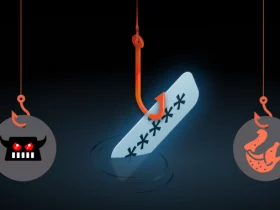





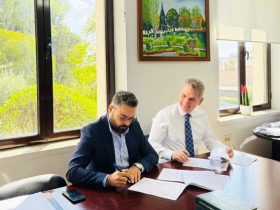

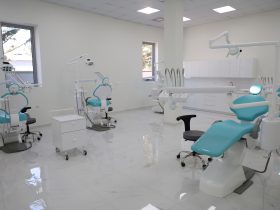
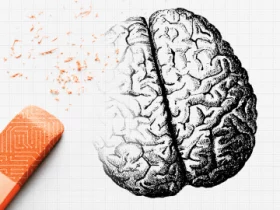

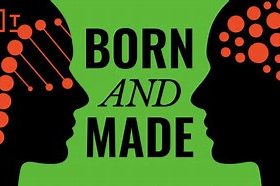
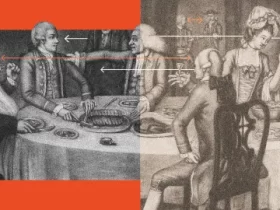
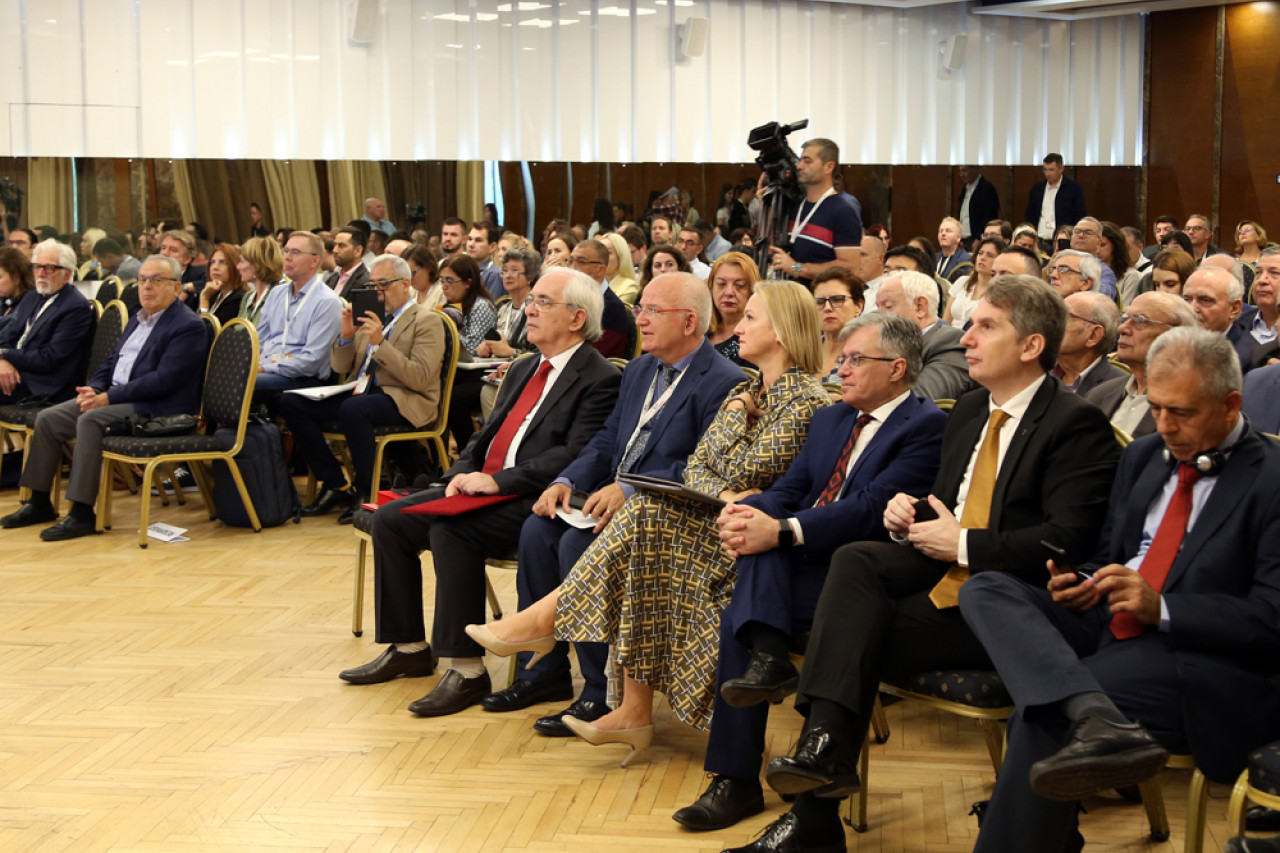

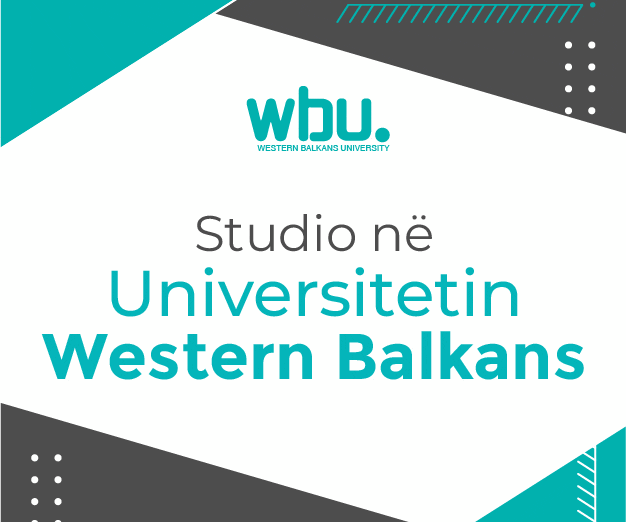



Leave a Reply